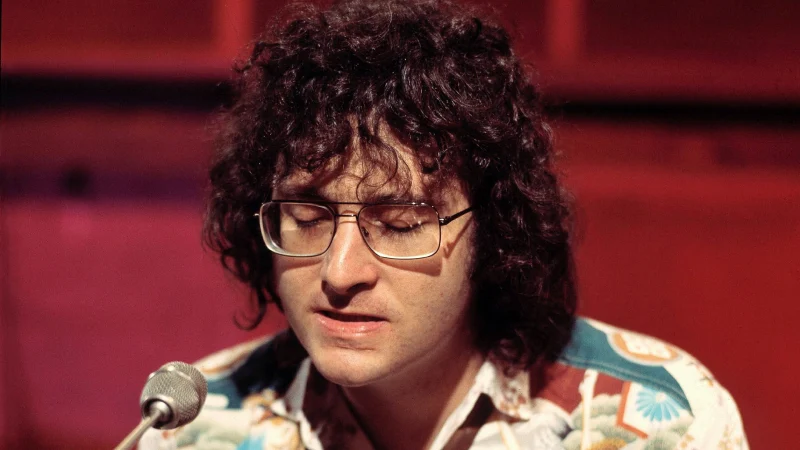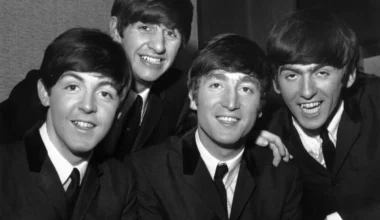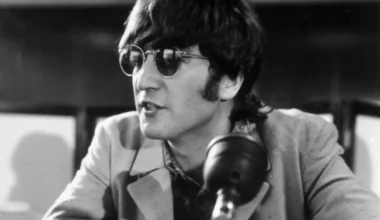An upbeat song may not be the ideal setting for sarcasm. When Randy Newman led the Eagles into the depths of societal backlash in 1977, he discovered this valuable lesson.
Many people have a strong impression of Newman because of his connection to the endearing and humorous Toy Story song “You’ve Got a Friend in Me.” But a closer look at Newman’s history reveals a versatile artist whose output goes much beyond animated movies. Newman’s skill as a singer-songwriter is evident in his self-titled debut album. His repertoire spans a wide spectrum of themes and styles, from introspective balladry to heartfelt narrative to cutting satire and social commentary. Even though his wacky contributions to Toy Story are unquestionably memorable. They merely hint at the breadth and depth of Newman’s abilities as a songwriter and musician.
Newman achieved long-term and significant commercial success. Newman was among the top leaders of his period, particularly in the 1970s. Born and reared in Los Angeles, he became immersed in the music industry. He began to write what would become well-known standards like ‘I Think It’s Going To Rain Today‘ and ‘You Can Leave Your Hat On‘.
In addition to his career and later collaboration with Disney, he wrote for several other musicians. All of this suggests that in the 1970s, his name was well-known. He made friends in high places and relished the life that ability and fame can bring, especially with his musical friends. These buddies included Glenn Frey, Don Henley, and Timothy Schmit of the Eagles.
In 1974, Newman enlisted his buddies to provide background vocals for his album Good Old Boys. It went smoothly since the classic rock legends infused the record with their usual rich, tight harmonies. On the record, Newman began to explore more serious social topics such as institutional racism and slavery, particularly on the opening tune ‘Rednecks‘. It was a different direction for an artist who had previously been rather clean-cut and focused on more cheery subjects. But everyone appeared to understand what he was trying.
Perhaps that was what inspired him to try again in 1977. However, when it came to ‘Short People‘, his metaphors fell flat and weak in the wrong hands. As the Eagles boys sang backing vocals once more, they were drawn into the turmoil as well.
On the surface, singing about “nasty little feet,” “stubby little fingers,” and “dirty little minds” appears to be Newman mocking short people or being unkind to dwarfs. As a result, numerous radio stations refused to play the song, prompting public outrage and labeling the author a racist. It was a self-fulfilling prophecy of hatred, since the more pushback it garnered. The more attention the song received, the more the reaction. It quickly became popular, but not in the way that any musician would have preferred.
In reality, Randy Newman is using height as a metaphor for the character, remarking on short-tempered or narrow-minded people. He didn’t think the metaphor would be difficult to grasp, telling The Guardian, “I assumed all you had to do was listen. It’s not as if it were James Joyce.”
However, in a typical incidence of music catering to the lowest common denominator of intelligence, Newman’s message was lost. “I understood the medium was not ideal for it. People don’t listen to music in that way,” he said. “They do a variety of things. “It’s just an irritation.”
Glenn Frey and Timothy Schmit sang back up on the track, indicating that they understood what Newman was trying to say. Frey, Schmit, and Henley all returned for more, supplying additional vocals on his following album, Little Criminals, as well as several other tracks throughout his extensive record. This indicates that the criticism of their song did not affect their friendship.
The world eventually forgave Randy Newman, not allowing one erroneous metaphor to prevent him from becoming the Disney soundtracking, dancing cartoon songman the world now imagines him to be, rather than the wicked bigot pointing and laughing at others less fortunate than him.








